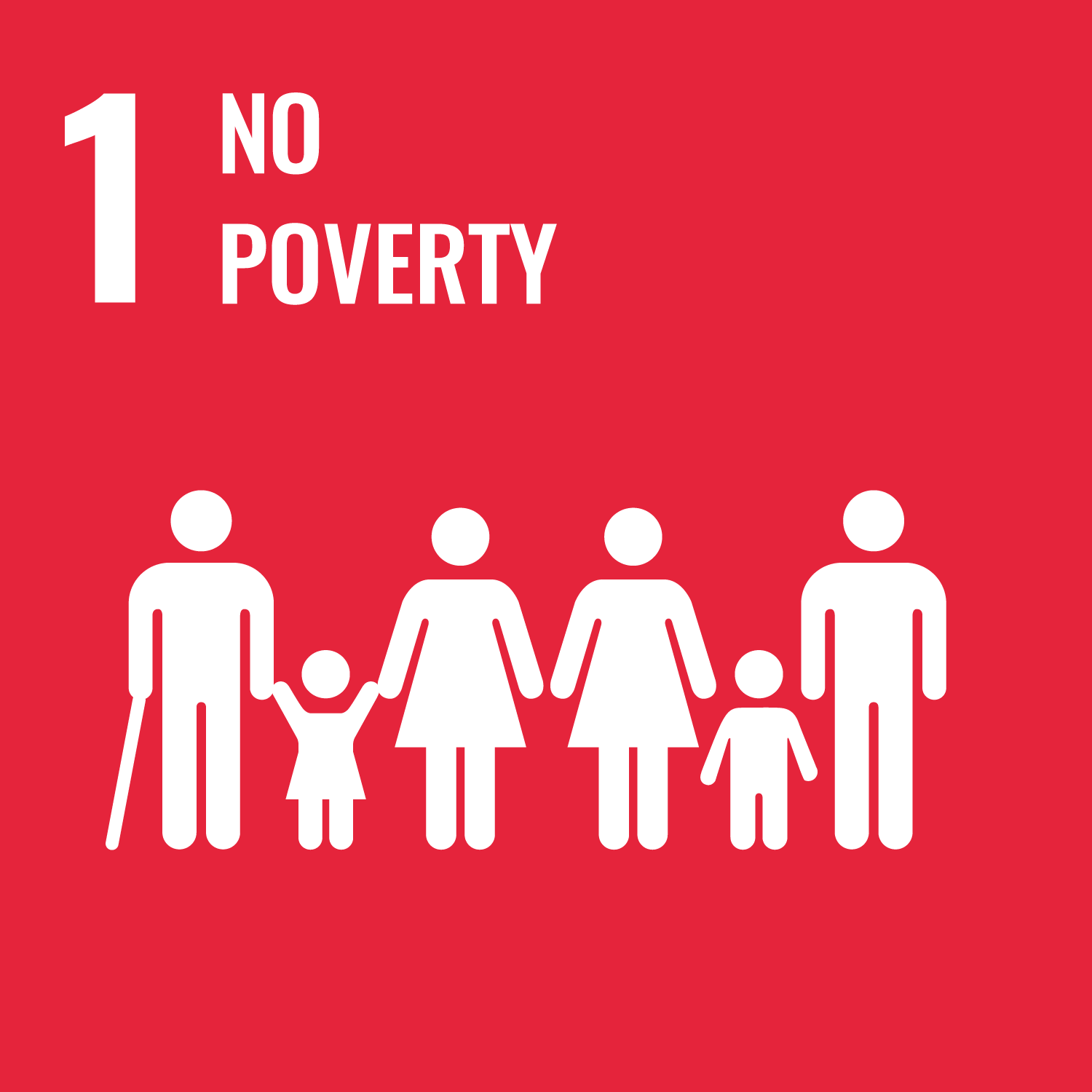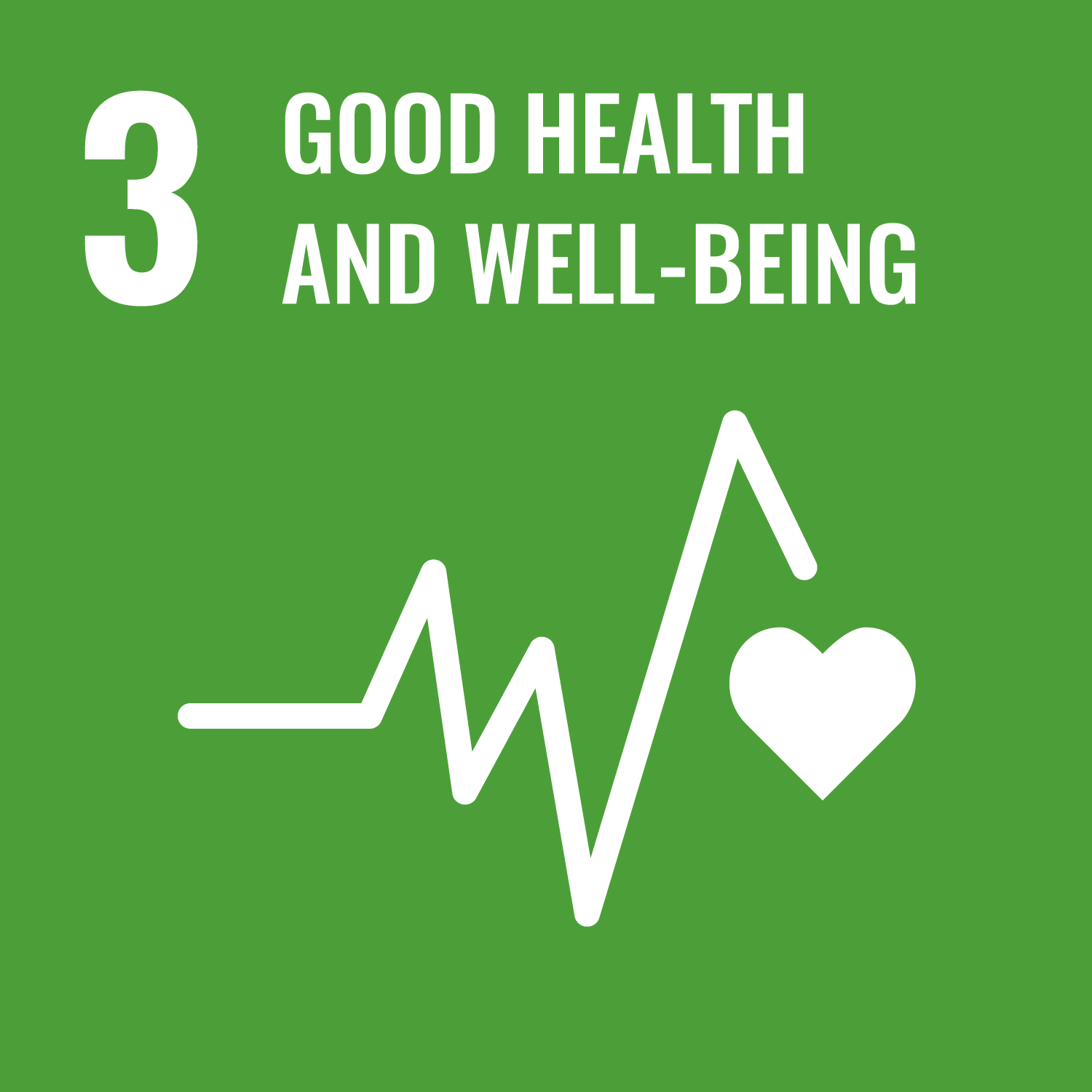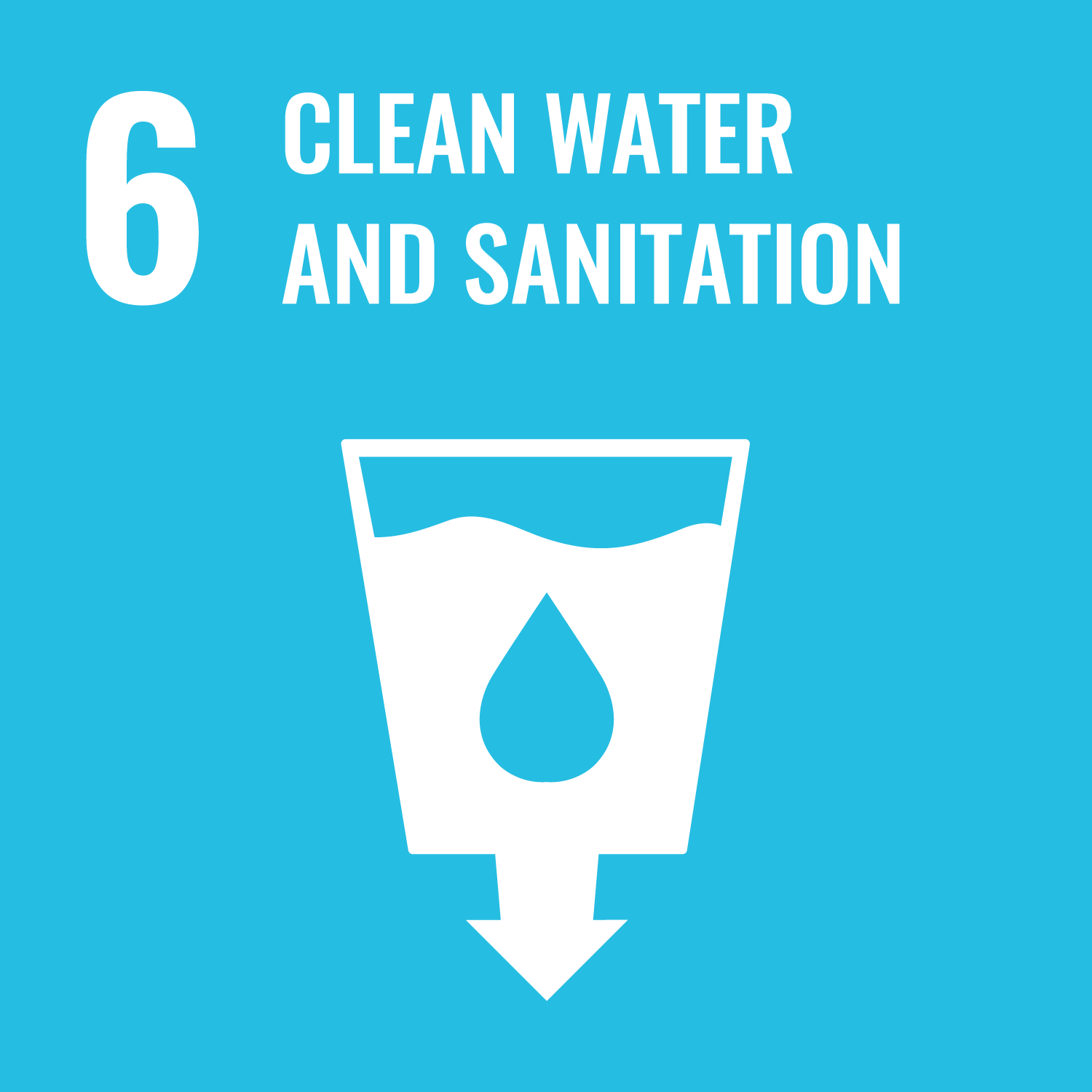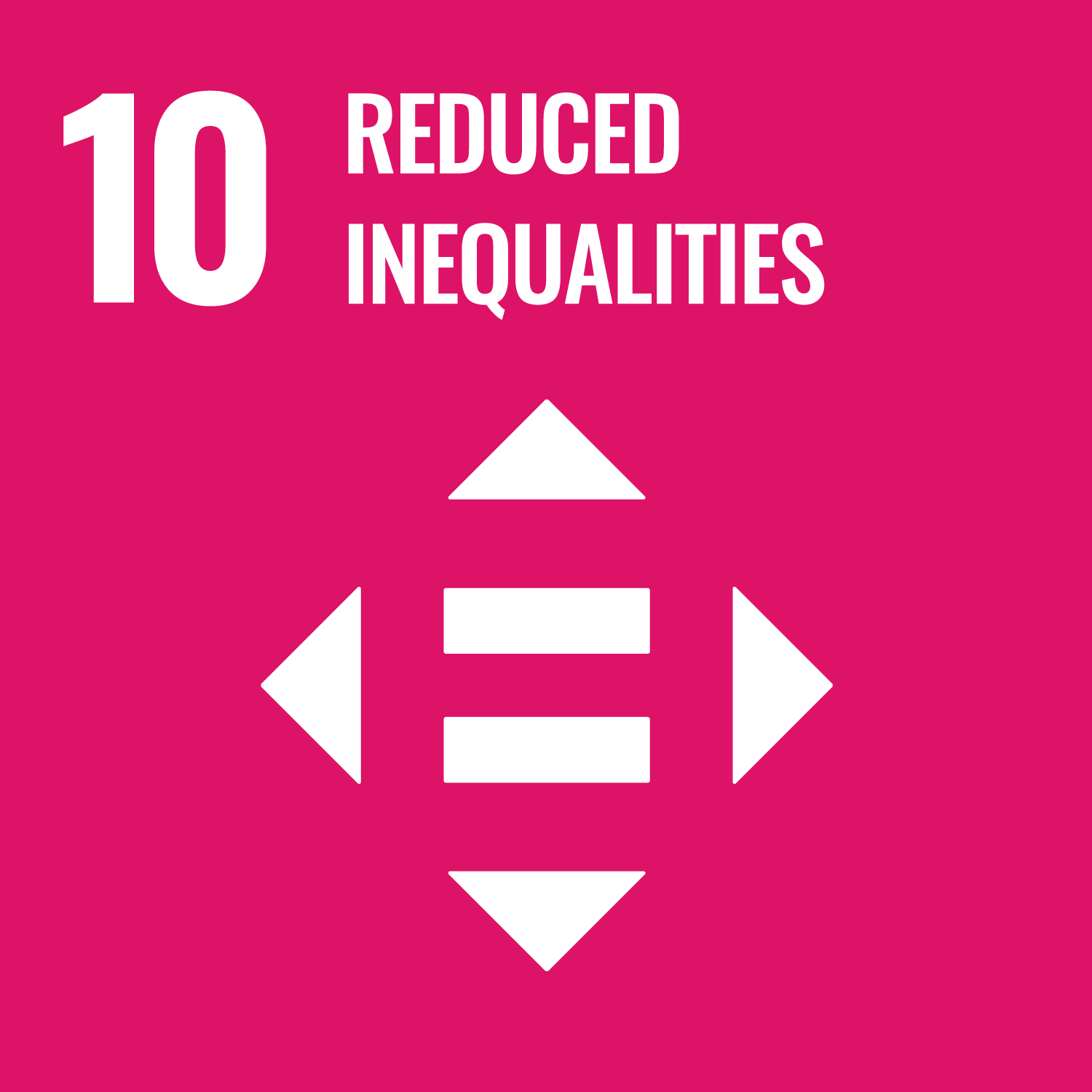General information and requirements
Organizations that are interested in applying for funding from SELAVIP should consider the following criteria for the presentation of their projects:
It will be a requirement for all organizations wishing to participate in this call to be registered in the "Registration of Organizations of Selavip" on February 28.
Before creating a project, "Active" Organisations should review and update their data, in case there have been changes to their current Registration. Any problems with the System should be reported to SELAVIP's e-mail address selavip.foundation@gmail.com.
All projects must be sent online through the SELAVIP management system. No applications will be received by other means.
SELAVIP only considers the financial contribution of ONE constructive solution per family (See monetary contributions table for construction solution).
It is desirable that the project generates community processes and innovative policies based on the experiences developed by each organization, the sustainable development objectives delivered by the UN and that local or national governments wish to support.
It is important that families which have been considered to benefit should participate in all preparatory phases and the subsequent execution of the project, in order to ensure that these initiatives respond to the real needs of the families that it is desired to support.
The resources delivered by SELAVIP are a free contribution for each family and must be used exclusively for the execution of the selected project.
At least 90% of the resources provided by SELAVIP should be used only for the acquisition of materials. In the case of regularization of the land, 100% must be spent by the project that allows its processing before the relevant institutions.
SELAVIP reserves the right to reduce the requested amounts and the number of constructive solutions to execute according to budget availability.
SELAVIP will favor those proposals which present cost-effective housing or health systems and also projects where other sources of financing are involved without neglecting the quality of the solutions to be built.
SELAVIP will not consider projects whose total cost is less than USD 25,000 (except projects related to land regularization).
In these last calls from SELAVIP inflation and other international considerations that affect nations have directly influenced material prices, so the NGO must take into account this variable since, once the project is selected, It will not be possible to modify the number of beneficiaries and solutions to be built that have been approved.
7
Solutions
Contributions by project, family and type of solution
-

New dwelling
-
Maximum
USD 2.500
per familyDwelling of more than one storey or dwelling made of at least 50% recycled materials, wooden constructions, mud blocks or adobes, non-industrial baked mud bricks. Special housing for people with disabilities
-
Maximum
USD 2.200
per familyFibre cement boards, industrial hollow clay bricks, non-craft concrete hollow blocks, etc.
-
Maximum
USD 2.000
per familyMetal plates, zinc sheets, local materials, concrete blocks, concrete walls or slabs
-
Maximum USD 120.000
by project
-

Toilets or latrines
-
Maximum
USD 1.000
by individual unitLatrines or community toilets: These are latrines or toilets shared by a group of families in the same community, by students and workers in schools or in refugee camps, or they can also be special toilets for people with physical disabilities or different disabilities. Example: a block can have two or more individual units
-
Maximum
USD 900
per familyBathrooms: connected to mains water, include at least toilets, washbasins, showers and damp-proof walls
-
Maximum
USD 800
per familyDry latrines and latrines with sceptic tanks: Dry or composting latrines and/or with pit and pit systems
-
Maximum
USD 500
per familyPit latrines: Only pit dug in the ground
-
Maximum
USD 60.000
by project
-

Repair
-
Maximum
USD 400
per familyIndividual electrical installations connected to the public grid, or using photovoltaic panels
-
Maximum
USD 600
per familyRepair of ceilings, floors and walls including their structure. The surface area of each of these must be specified
-
Maximum
USD 60.000
by project(only one solution per family)
-

Extension
-
Maximum
USD 1.200
per familyTo extend or enlarge an existing dwelling where the family is overcrowded. The extension should be justified according to the number of people living in the house, or describing the problem for which the extension is necessary
-
Maximum
USD 80.000
by project
-

Drinking water systems
-
Maximum
USD 800
per familyIndividual land connection (including meter) to existing private or public water networks
-
Maximum
USD 500
per familyConstruction of wells to extract water from the subsoil where families will have to fetch water, or if distribution sources will be implemented in different places to bring water closer to them and thus avoid long journeys, they should also consider whether it will have hydraulic pumps or it will be manual and who will manage the system. Selavip considers all this for the calculation of the contribution
-
Maximum
USD 80.000
by project
-

Sewage system
-
Maximum
USD 600
per familyNew systems connected to existing networks or systems connected to non-individual wells or septic tanks are considered as new systems
-
Maximum
USD 80.000
by project
-

Regularización títulos de propiedad
-
The amount requested may be adjusted by SELAVIP according to availability
The amount will be considered by selavip on the basis of the average of the historical projects presented, selected and executed in previous years. The participants, the legal process and the deadlines must be well defined, and for this purpose a form must be filled out and sent by email to the ngos applying for this typology
-
Maximum
USD 60.000
by project
Organized Communities, non-governmental organizations and local religious entities in developing countries, legally constituted and non-profit, may send their creative and daring projects from April 15 to June 15 of each year.
Applications can only be made on the dates of each call and must be sent online through the SELAVIP Projects Management System
You may also contact us at the following email address selavip.foundation@gmail.com, only email available if you need more information
On our WEB page, interested parties can find the ONG Registration form template, Application form template and the Application background for each call (the latter can change with each call).
Are excluded
Infrastructure projects, such as hospitals, orphanages, schools, churches, training centers or income-generating projects will be declared inadmissible.
Projects that involve the use of materials that contain Asbestos in the construction process will be declared inadmissible.
Selection
All proposals received within the application dates will be evaluated with quantitative and qualitative criteria, objectively, by a team of professionals who will determine if a project is admissible or not. SELAVIP, based on the evaluation, will select those that best reflect the fulfillment of the priorities and objectives that the foundation seeks.
The final selection is made by the SELAVIP board in Belgium, there the evaluation is considered again and the number of projects is adjusted according to budget availability.
It is important that organizations consider that in some cases it is only possible to partially finance an initiative, so that their proposal, once selected, may require adjustments in the number of families and the amount of the contribution, which will be previously informed to them before signing some agreement.
If any organization rejects the proposed changes and does not wish to continue, the projects that are on the waiting list may be selected.
Approved projects will be reported at the end of October or beginning of November of each year in:
-
Our website
-
Directly in the application system:
-
To the email informed in the system by each NGO.


















